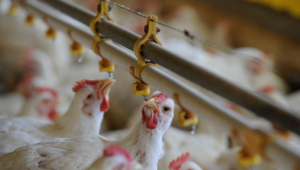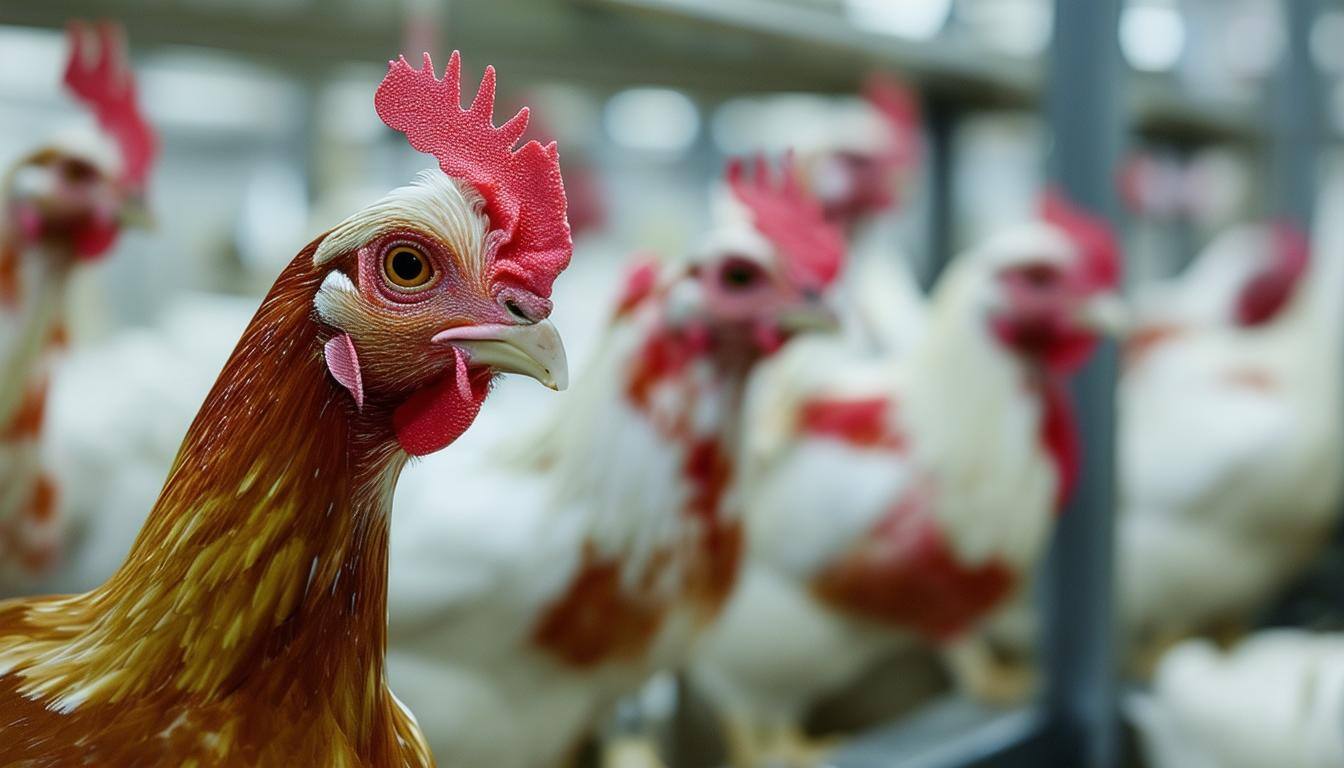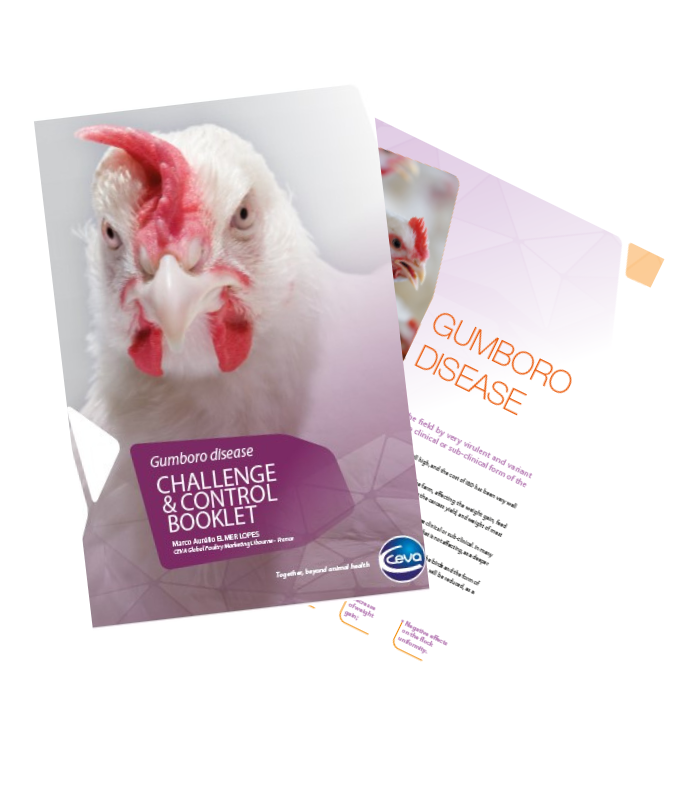Knowledge Hub
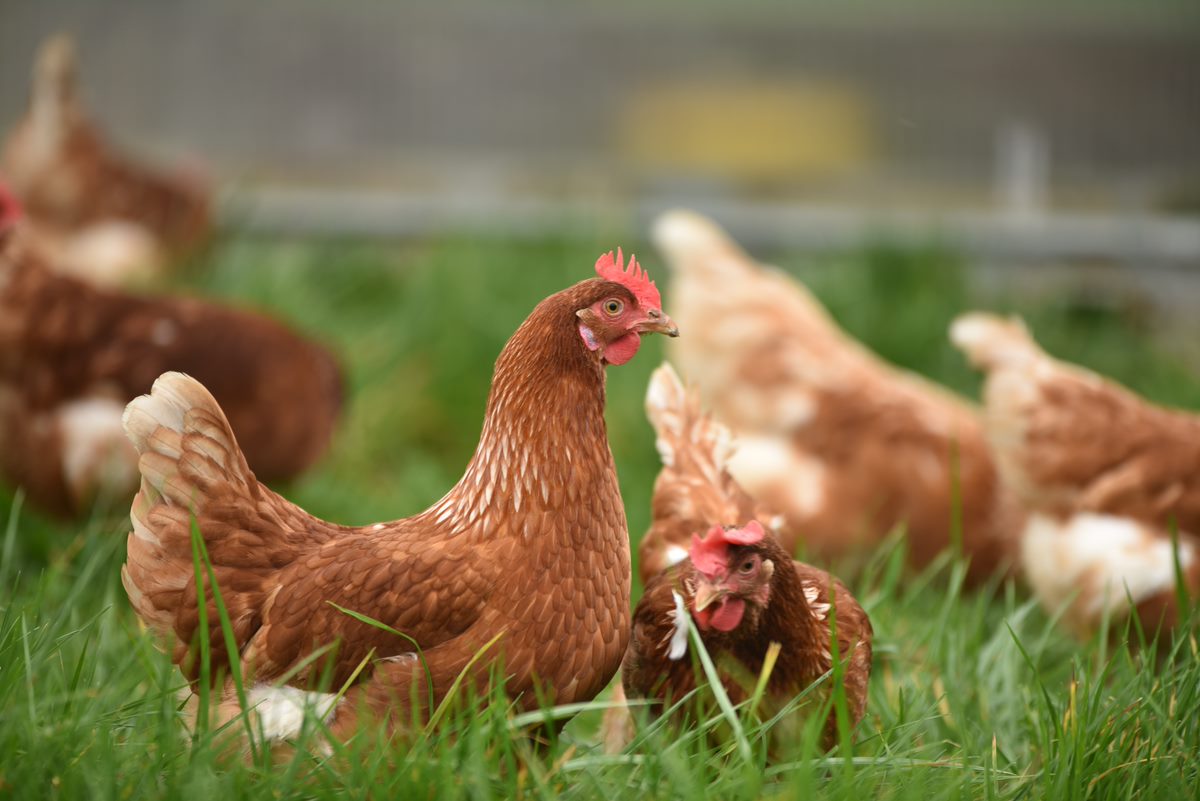
Welcome to Ceva's Poultry Knowledge Hub
Stay ahead in poultry health with our expert-driven articles focused on the most critical avian diseases impacting the industry today. From prevention strategies to innovative solutions, our blog provides practical knowledge and scientific updates to help you protect flocks and optimize performance. Explore in-depth content designed for veterinarians, producers, and industry professionals—because healthy birds mean a healthier future for all. Discover our blog articles about some of the most prevelent avian diseases !
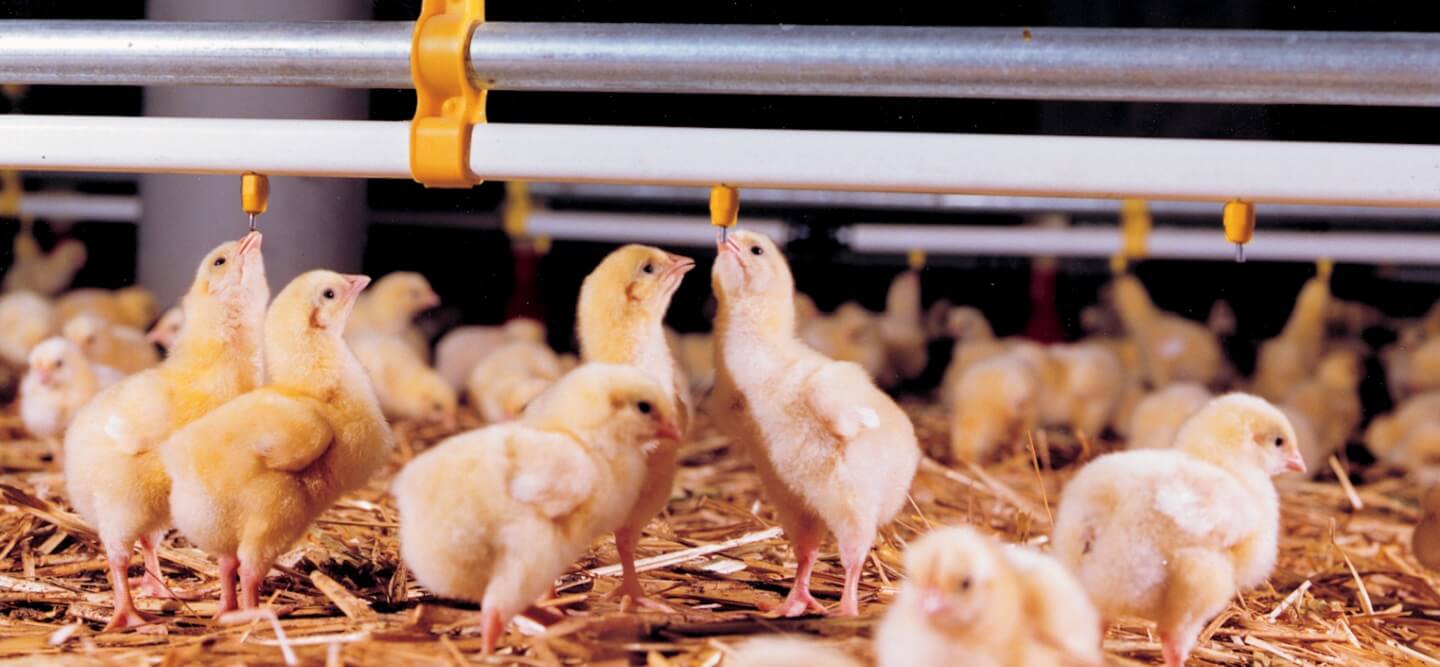
Mastering Hatchery Vaccination for Bronchitis Control
Infectious bronchitis (IB) remains one of the most economically damaging viral diseases in poultry, affecting broilers, layers, and breeders through respiratory distress, poor performance, and significant drops in egg quality. Effective hatchery vaccination has become a cornerstone of prevention, ensuring chicks receive early protection before encountering field challenges.
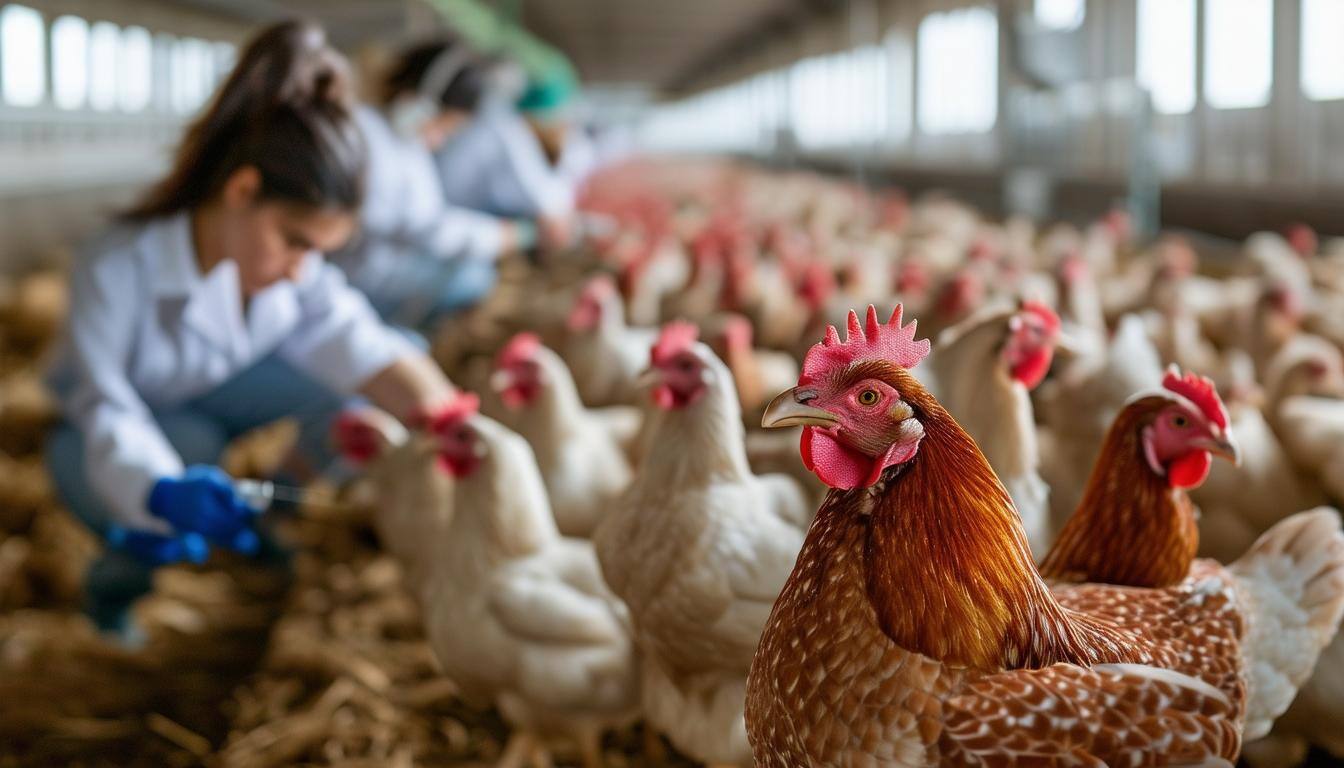
Salmonella in Poultry
Salmonella in poultry is one of the most critical zoonotic diseases worldwide, posing serious risks to food safety, public health, and poultry production. In the EU, over 65,000 human Salmonellosis cases were reported in 2022, with actual infections likely much higher. The most common serovars—Salmonella Enteritidis (SE) and Salmonella Typhimurium (ST)—are often linked to eggs and poultry meat, making Salmonella control in poultry farms essential. Transmission occurs both horizontally (via contaminated
feed, water, and equipment) and vertically (through infected eggs), creating challenges for breeders and hatcheries. Effective Salmonella prevention requires strict biosecurity measures, routine environmental monitoring, and vaccination programs to reduce infection rates and protect consumer health. As part of the One Health approach, controlling non-typhoidal Salmonella in poultry is vital to safeguard flocks, maintain compliance with EU Salmonella regulations, and protect poultry brands from costly outbreaks.
feed, water, and equipment) and vertically (through infected eggs), creating challenges for breeders and hatcheries. Effective Salmonella prevention requires strict biosecurity measures, routine environmental monitoring, and vaccination programs to reduce infection rates and protect consumer health. As part of the One Health approach, controlling non-typhoidal Salmonella in poultry is vital to safeguard flocks, maintain compliance with EU Salmonella regulations, and protect poultry brands from costly outbreaks.
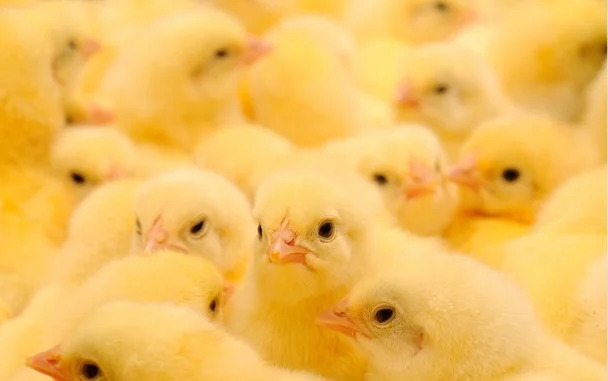
Newcastle disease
Newcastle disease is caused by a virus belonging to the family of Paramyxoviridae; it is an avian paramyxovirus of serotype 1 (APMV-1). It affects wild birds and
domestic poultry and usually presents as a respiratory disease. Depression, nervous manifestations, or diarrhea may also be the predominant clinical symptoms and mortality.
domestic poultry and usually presents as a respiratory disease. Depression, nervous manifestations, or diarrhea may also be the predominant clinical symptoms and mortality.
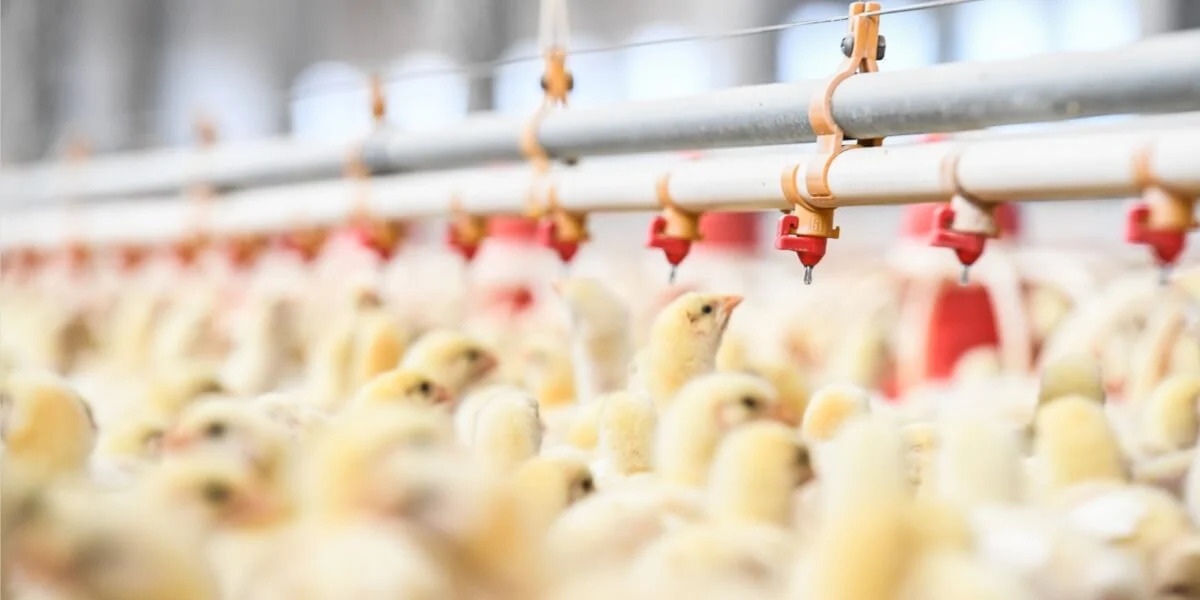
Infectious bursal disease
Gumboro disease, also known as infectious bursal disease (IBD), is a highly contagious disease of young chickens. Today, the very virulent
form is predominant in most countries, and variant strains of IBD are present in several countries, leading to sub-clinical forms of the disease.
form is predominant in most countries, and variant strains of IBD are present in several countries, leading to sub-clinical forms of the disease.

Infectious bronchitis
Avian Infectious Bronchitis (IB) is a highly contagious viral disease of chickens, caused by a gamma-coronavirus. It affects respiratory, urinary and reproductive systems, and
can result in respiratory distress, reduced growth, poor feed conversion, and in layers, serious damage to the oviduct ; leading to lower egg production and degraded egg quality.
can result in respiratory distress, reduced growth, poor feed conversion, and in layers, serious damage to the oviduct ; leading to lower egg production and degraded egg quality.
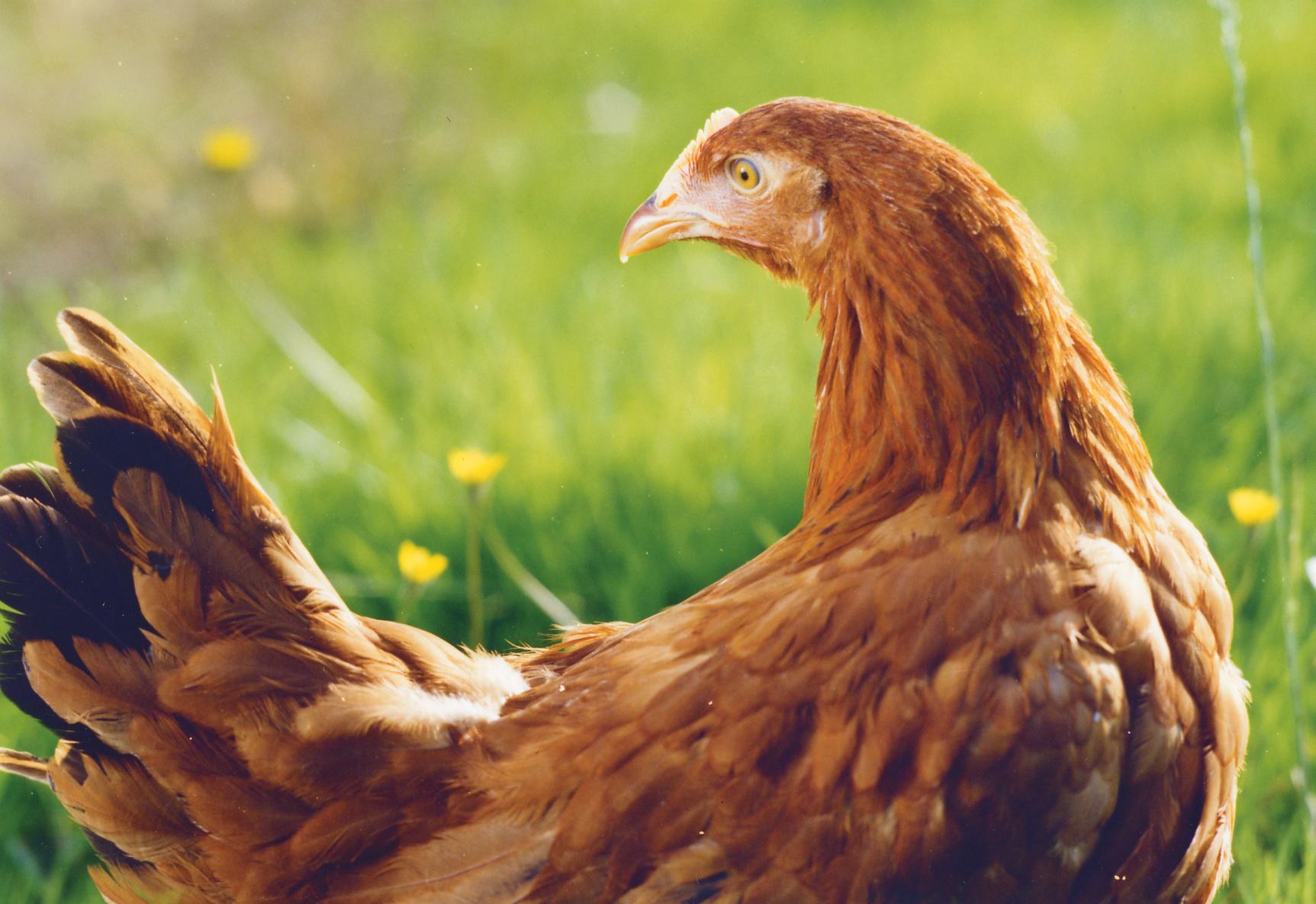
Coccidiosis
Coccidiosis is a parasitic disease of poultry caused by protozoans of the genus Eimeria, affecting mainly chickens and turkeys. It impacts the intestinal tract, leading to poor feed conversion, slowed growth, higher mortality, and substantial economic losses worldwide.
While anticoccidial drugs (ionophores, chemicals) have long been standard for prevention, vaccination is increasingly adopted as a more sustainable and effective control method.
While anticoccidial drugs (ionophores, chemicals) have long been standard for prevention, vaccination is increasingly adopted as a more sustainable and effective control method.

Poultry Insights
A PRACTICAL GUIDE TO
GUMBORO CONTROL
Read our GUMBORO CHALLENGE and CONTROL BOOKLET to gain insight into the benefits of a proper vaccination programme to protect your flocks and your profitability.


